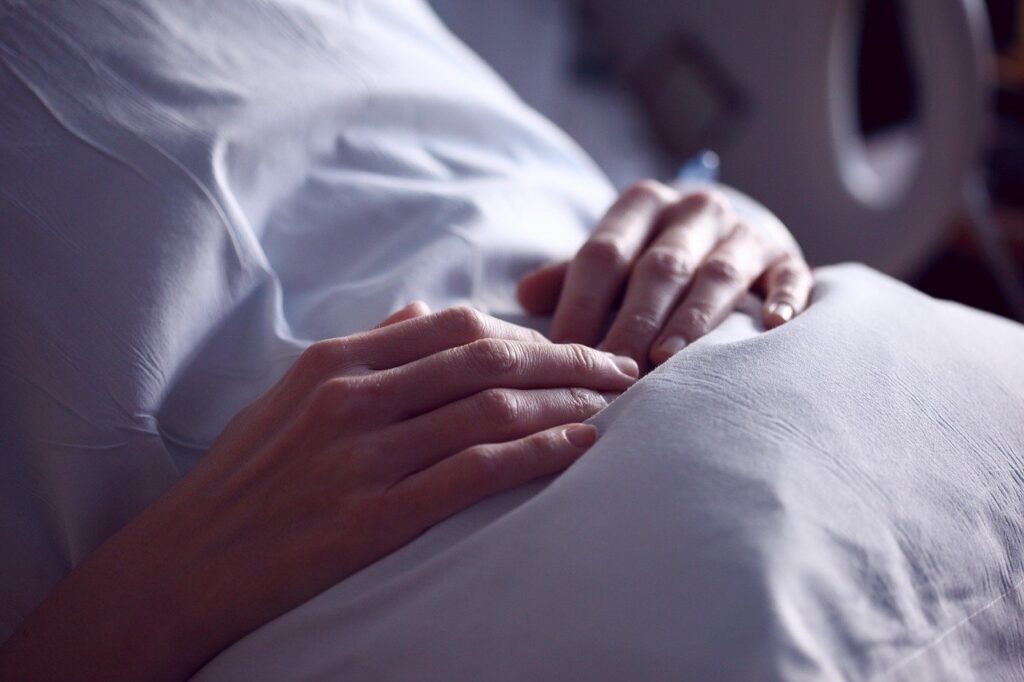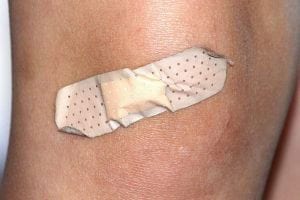When Nikki was growing up, she was plagued by frequent nosebleeds, and they weren’t minor ones at that. They were serious and frequent enough to cause significant disruptions to her life. Whenever she saw a doctor about them, they didn’t ever suspect it was anything serious. “It’s just the dry air here,” they would say.
Nikki had her first period when she was eleven years old. Since then, they have always been difficult for her; she bled a lot and often had to deal with serious pain. Eventually, after having to be hospitalized due to a major blood clot, Nikki was officially diagnosed with a rare bleeding disorder: von Willebrand disease (vWD). Unfortunately, her struggles with treatment would continue for years to come, and despite being diagnosed, Nikki was not placed on any treatment at first.
About Von Willebrand Disease
Von Willebrand disease (vWD) is a blood clotting disorder, and is the most common type that affects people. Although the disorder is typically inherited, it can also be acquired as a complication of other medical problems. It is caused by a deficiency in von Willebrand factor, which is essential for blood platelets to stick to one another and form clots. The type 1 variant is generally mild and may not cause any symptoms. Type 2 causes more significant problems. Interestingly, blood type has a significant influence on the severity and presentation of symptoms, which include frequent nosebleeds, easy bruising, heavy menstrual bleeding, and bleeding from the gums. In the most severe type 3, internal bleeding, such as in the joints, can occur. Treatments to stimulate the release of von Willebrand factor are a common approach. To learn more about von Willebrand disease, click here.
Nikki’s Story
Nikki was off to college and almost as soon as she got there, her nosebleeds and other symptoms only worsened.
“I was a runner for the college team and we had morning practice every day at around five or six. I would have a nosebleed every single day.” – Nikki
The school told Nikki to go back home and figure out how to stop the bleeds, which were so profuse that she would leave a trail of blood in her dorm building. Unfortunately, her next few doctor’s visits were not helpful. The doctors once again attributed the symptoms to dry air, even though she had already been diagnosed.
Doctors tried cauterizing, which only made the bleeds worse. They also attempted to perform surgery to stop the bleeds. Nikki underwent multiple surgeries in an attempt to halt the nosebleeds. She eventually started to receive treatment infusions which seemed to help. But eventually Nikki moved away and stopped seeing the hematologist that she knew. This was when her menstrual bleeding started to get more serious.
“My period just started getting worse. I knew why but I had never seen a gynecologist and no one had told me that this would be an issue.”
Nikki took birth control for a couple of years, but after a while they stopped controlling the bleeds. For a year and a half she was in the hospital every month. Eventually Nikki was caught in the middle of a disagreement between her gynecologist, who rightly blamed vWD for the bleeds, and her hematologist, who was convinced it was solely a gynecological issue.
Hopeless and frustrated, Nikki found community in the New York City Hemophilia Chapter, a nonprofit patient organization. Through attending more community meetings and events, she gained more confidence and knowledge about von Willebrand disease. Then at one event in California Nikki had a serious fall injury that put her in the hospital and caused her to develop hematomas. Once again, Nikki was stuck between another disagreement between the ER doctors in the hospital and her HTC from back home.
Nikki went home but her HTC refused to see her, causing her to descend into depression. She learned later that the HTC she had gone to had a terrible reputation in the patient community. Nikki visited a different HTC who actually listened to her and got her the infusion treatment that she had been seeking for years.
“Ever since I met him two and a half years ago, I’ve been out of the hospital. I know longer worry about being embarrassed because of bleeds and I can travel more because I can always have access to my infusions.”
“What I’ve learned from my experience and living with this disease is to never give up. Listen to yourself because at the end of the day we are the only ones living with this disease. I’ll never let anyone tell me again that my symptoms are not what I think they are.”
Nikki’s story shows just how important it can be for rare patients to find community and doctors that are willing to set aside their egos and listen. Some of the groups that helped Nikki find the care that she needed include:
National Hemophilia Foundation
Hemophilia Federation of America







